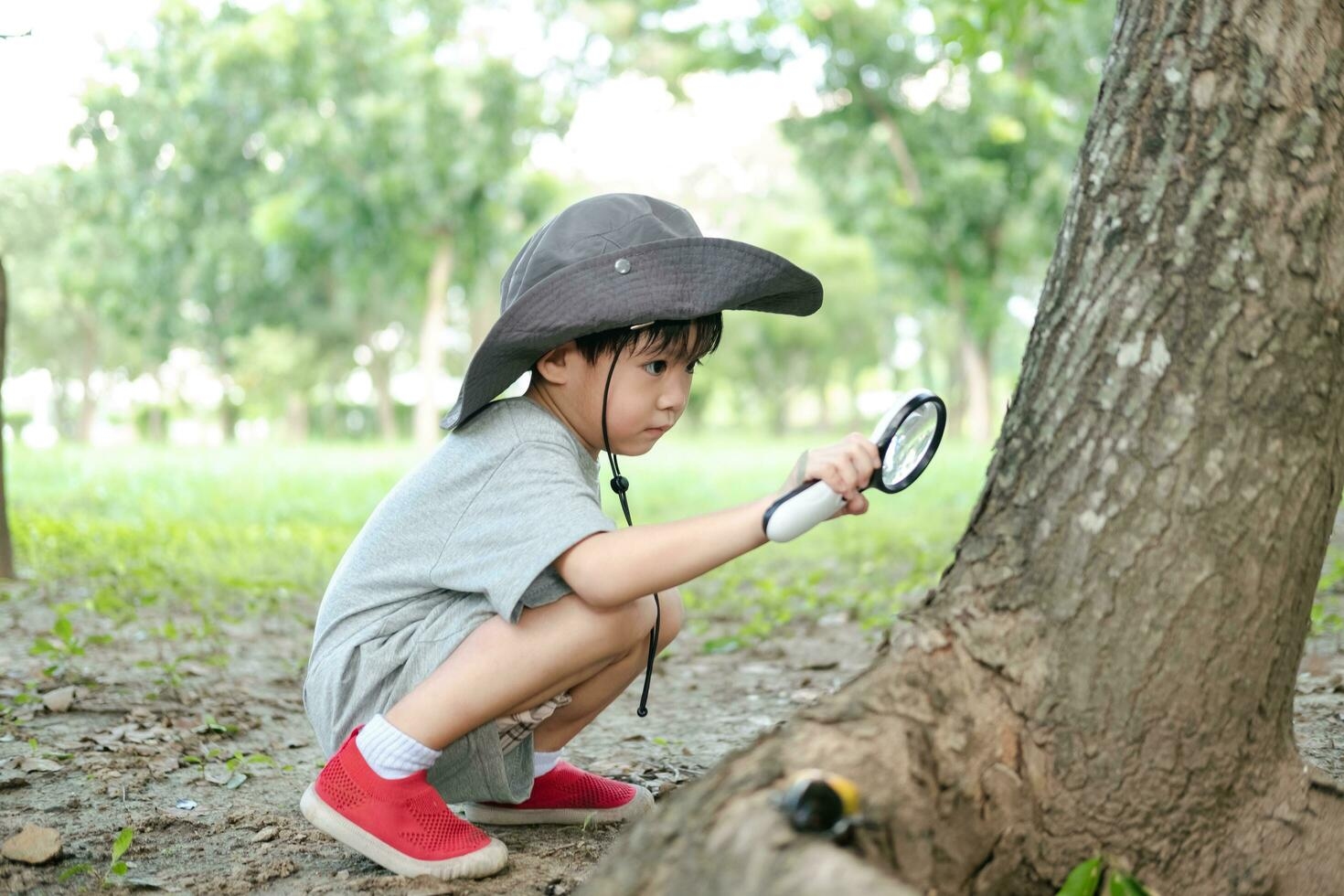
Fostering Curiosity in Preschoolers: A Guide for Parents and Educators
As parents and educators, we often strive to instil the love of learning in preschoolers. However, we often overlook the importance of fostering curiosity in them. Curiosity is a powerful motivator that drives preschoolers to explore their surroundings, ask questions, and seek knowledge. By nurturing this innate trait, we can help preschoolers develop a lifelong love of learning. In this article, we will discuss the importance of curiosity in preschoolers, and provide tips for parents and educators to foster this trait.
Why is Curiosity Important in Preschoolers?
Preschoolers are natural learners. They are endlessly curious and yearn to discover everything around them. Curiosity is what drives them to ask questions, experiment, and discover new things. By fostering this innate trait, we can help preschoolers develop the following skills:
- Critical Thinking Skills
- Problem-Solving Skills
- Creativity
- Resilience
Now that we understand the importance of curiosity in preschoolers, let’s discuss how we can foster this trait.
Tips for Fostering Curiosity in Preschoolers
- Encourage Questions
- Provide Opportunities for Exploration
- Use Open-Ended Questions
- Model Curiosity
- Follow their Interests
- Emphasize the Process, Not the Product
- Provide Positive Feedback
- Embrace Mistakes
- Encourage Creativity
Implementing Curiosity in Preschoolers: Tips for Parents and Educators
While fostering curiosity in preschoolers is important, it can also be challenging for parents and educators. Here are some tips for implementing curiosity in preschoolers:
- Encourage Questions
- Provide Opportunities for Exploration
- Follow Their Lead
- Model Curiosity
- Provide Positive Feedback
- Embrace Mistakes
- Encourage Creativity
By implementing these tips, parents and educators can help foster curiosity in preschoolers and create an environment that supports their natural desire to explore and discover.
The Benefits of Fostering Curiosity in Preschoolers
Fostering curiosity in preschoolers has numerous benefits for their development and growth. Here are some of the benefits of encouraging curiosity in preschoolers:
- Develops Critical Thinking Skills
- Increases Creativity
- Builds Self-Confidence
- Improves Problem-Solving Skills
- Encourages a Love of Learning
- Promotes Resilience
Challenges to Fostering Curiosity in Preschoolers
While fostering curiosity in preschoolers has numerous benefits, there are also challenges to encouraging curiosity in preschoolers. Here are some of the challenges and how to overcome them:
- Safety Concerns
- Limited Resources
- Time Constraints
- Limited Knowledge
- Peer Pressure
- Fear of Failure
- Lack of Interest
Despite these challenges, fostering curiosity in preschoolers is important for their development and growth. By overcoming these challenges and creating a supportive environment for exploration and discovery, parents and educators can help preschoolers develop critical thinking skills, creativity, self-confidence, problem-solving skills, and resilience.
The Role of Parents in Fostering Curiosity in Preschoolers
Parents play a crucial role in fostering curiosity in preschoolers. Here are some ways parents can promote curiosity in their preschoolers:
- Create a Curious Environment
- Encourage Questions
- Follow Their Lead
- Be Patient
- Embrace Mistakes
- Provide Positive Feedback
- Model Curiosity
Parents play a crucial role in fostering curiosity in preschoolers. By creating a curious environment, encouraging questions, following their lead, being patient, embracing mistakes, providing positive feedback, and modeling curiosity, parents can help preschoolers develop critical thinking skills, creativity, self-confidence, problem-solving skills, resilience, and a love of learning.


